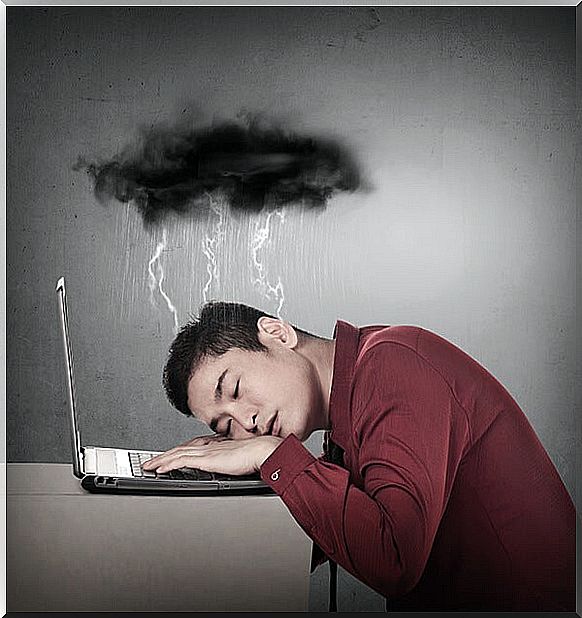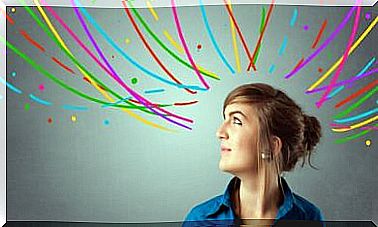What Is Burnout?

In the previous text, “The origin of professional exhaustion” we talked about the history of the physician Herbert J. Freudenberger. Now it’s time to better understand your discovery from seemingly trivial symptoms: anxiety and tiredness. It is from this that we will talk about what Burnout is.
The romanticization of stress to explain what Burnout is
The competitive job market, the technologies that allow you to take tasks home, the constant availability that goes beyond the usual workload, the increase in internal and external demand levels, all these factors end up serving as justification to defend the idea that it is It’s normal to feel stress about work.

In the future, we will see whether or not this idea makes sense. For now, the important question is the price paid for believing in it. Anxiety is perhaps the main product of concerns about professional activity and the availability of time beyond the working day (and acquired mental capacity) for issues related to employment. Likewise, the fatigue resulting from long or exhausting journeys, both physically and mentally, becomes a constant.
common is not the same as normal
Both reactions can be considered natural reflections of hard work, which is common. However, if we live in an age that understands tiredness and anxiety always in this way, how can we know when they have crossed some kind of limit?
Modern habits and new technologies have created a large gray area where there used to be a clear line, separating the personal side from the professional side in black and white. Perhaps this is the big mystery, and also the key point. Making this separation can be the same as finding the answers (or new questions).

Working is tiring, of course, as much as problems cause concern. But what can be seen in the reports and cases is that the contamination of work reflections on personal life is the great indication that something more serious could be on the way.
Endless anxiety can lead to sudden mood swings, sleep disturbances and intolerance. On the other hand, the price charged for constant tiredness is the feeling of exhaustion, the theft of energy for daily tasks or even leisure time.
Together, all these effects end up causing lack of concentration and memory lapses, which can lead to reduced productivity. In this case, the ultimate irony: the consequence becomes the cause – the preoccupation with work leads to low performance at work.
These are the main symptoms of Burnout, a mental disorder whose main characteristic is the state of chronic emotional tension and stress that can lead the person to complete exhaustion.
A great danger is that the affected person is often the last to notice the critical situation in which he finds himself, and is often reluctant to seek or accept support. Now that you know what Burnout is, we ask: do you know or have you known someone who has gone through something similar? Is anyone in your work environment going through this right now?
Leave your answers in the comments.









